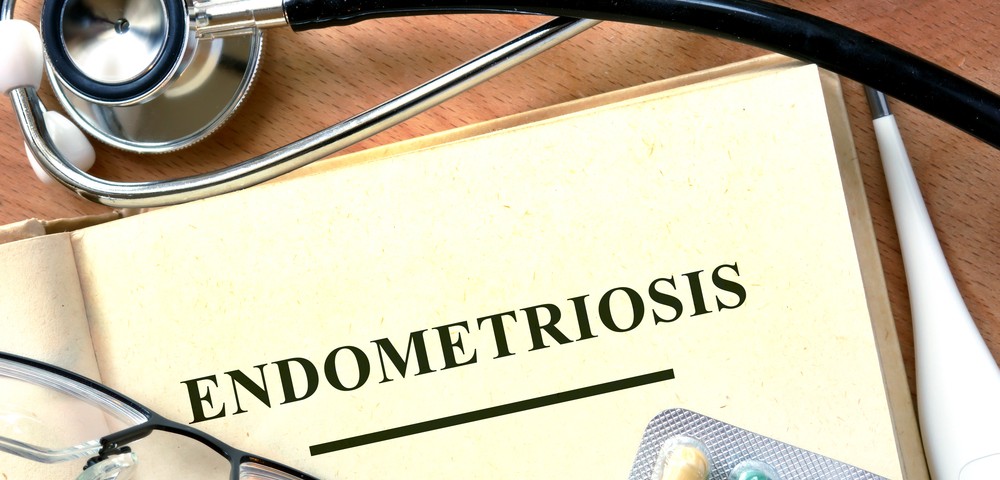End-oh-mee-tree-oh-sis. When I was diagnosed and this “new word,” endometriosis, was first mentioned to me, I never had heard of it and I knew nothing about it. I was in my own little world, alone.
If you’ve just been diagnosed, I want to tell you that you’re not alone. In fact, there’s an estimated 176 million of us, from all different walks of life, in the same situation.
Sometimes, having a diagnosis can be the best thing. You can feel relief from knowing what’s going on with your body and what’s causing all the issues with it. But, sometimes, it can be a very daunting experience. Doctors never seem to be that forthcoming about what it can all mean, but maybe that’s because they don’t know as much as we would like them to know about the personal side of endometriosis — just the hard facts.
Well, newly diagnosed sister, based on my experience, here’s what you need to do next …
Endometriosis can be diagnosed only via laparoscopic surgery. If you haven’t had this, but have been told you have endometriosis, then you need to push for surgery. You will need that definitive answer because it’s really easy to be misdiagnosed because endometriosis has a lot of similar traits to other illnesses. It also is helpful to ask your surgeon how severe your endometriosis is and where it is in your body.
Get clued into endometriosis. Research what it is, what the causes are, what the symptoms are, what treatments might or might not help — everything! Read as much as you can on your illness. You will need to become your own advocate, because it’s only you who really knows what is happening with your body. The more you know, the better.
Realize that endometriosis has no cure and one treatment doesn’t work for everyone. I’m sorry to be the one to tell you, but our bodies all work differently. Some women will find that the simplest of things help them, whereas others, like me, will have tried almost everything and still not found any relief. You may be told, even if you are still young, that pregnancy or a hysterectomy will cure you. Well, it might bring some relief, but it also might not. In addition to the fact that both of these are pretty life-altering, end-of-the-line things to try, they probably will not cure you. Go with the simpler options first. My biggest tip: Try everything that’s suggested, or keep it in mind to try when the time is right, even when you don’t want to. It might help, and it’s that “might” that keeps me going!
Have a look at your diet and general well-being. You need to start looking after yourself. Even if your body wants the comfort of a ton of chocolate, unfortunately, it’s not going to make you feel any better (in the long term, anyway). As with the treatment side of things above, you might find that cutting out certain foods or trying different exercises helps. Or you might find it doesn’t. We are all different, and what works for one person might not work for another. Be mindful to set time aside for rest and to de-stress, too. Most of all, start listening to what your body wants and needs.
Think about your future. Try not to be pushed into any treatments, i.e., hysterectomy or pregnancy, that might rule out your future plans. It’s your body, after all. Be prepared to think about whether or not you would like children though, as different treatment options will depend on your choices. And remember, endometriosis doesn’t automatically mean you are infertile.
Don’t go into denial. It’s happening, I’m afraid. You have endometriosis. Now, let’s be productive and not ignore it. It won’t go away — even if we all wish it would!
Get some support. If you don’t feel you have a support system of friends and family around you, and if you don’t have any support groups local to you, then get online. There are thousands of women willing to talk and support you in return for a little support back.
Speak up whenever possible. It’s amazing how many people you meet in “real life” who have endometriosis and you would never know if you didn’t speak out about the disease. Besides support, you also can help to raise awareness — the more people hear about endometriosis, the more people will understand the disease.
Above all, please don’t worry, we’re in this together.
You can follow more of my journey over at www.emlwy.com.
***
Note: Endometriosis News is strictly a news and information website about the disease. It does not provide medical advice, diagnosis, or treatment. This content is not intended to be a substitute for professional medical advice, diagnosis, or treatment. Always seek the advice of your physician or other qualified health provider with any questions you may have regarding a medical condition. Never disregard professional medical advice or delay in seeking it because of something you have read on this website. The opinions expressed in this column are not those of Endometriosis News or its parent company, BioNews Services, and are intended to spark discussion about issues pertaining to endometriosis.

